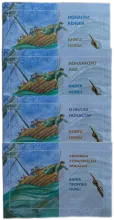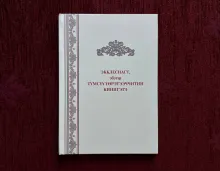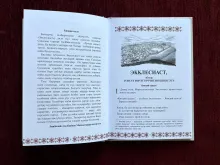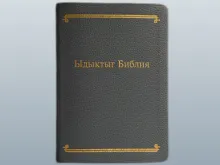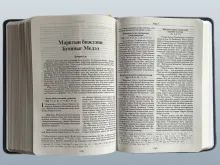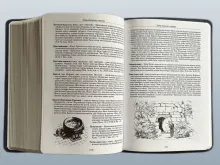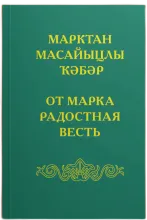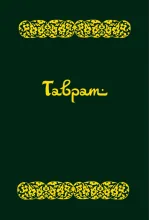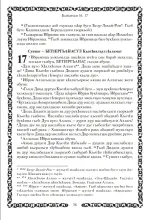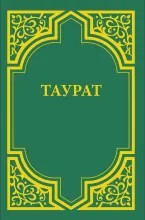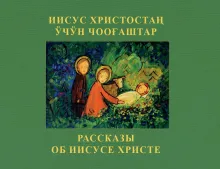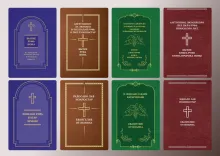book-of-ruth-in-abkhaz
The Institute for Bible Translation has published a translation of the Old Testament book of Ruth in the Abkhaz language. Previously, the book of Jonah (2023) and a collection of Gospel Parables (2023) had been published in Abkhaz. This edition was printed in Abkhazia’s capital city, Sukhum (a.k.a. Aqwa).
The Abkhaz language belongs to the Abkhaz-Adyghe branch of the Northwest Caucasian language family. It is one of the official languages of Abkhazia, together with Russian, and is spoken primarily in Abkhazia and Turkey.
jonah-in-four-romani-languages
ecclesiastes-in-yakut
The Institute for Bible Translation has published the book of Ecclesiastes, or “The Preacher”, in the Sakha/Yakut language. The publication is introduced by a preface written by Orthodox Archbishop Roman of Yakutsk, in which he congratulates the readers on the publication of this book and notes that, despite the book’s apparent pessimism, it will help readers to understand their lives more deeply.


